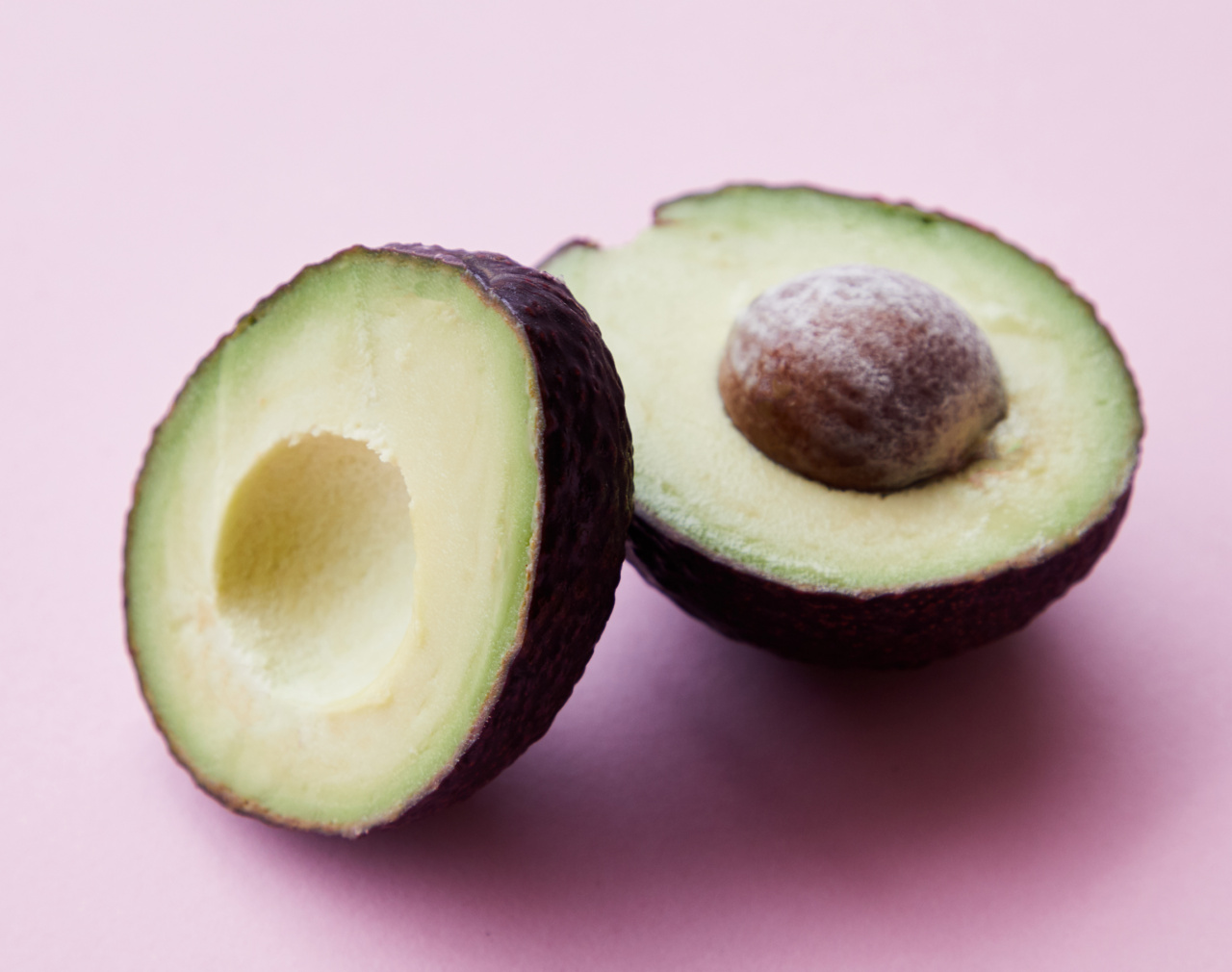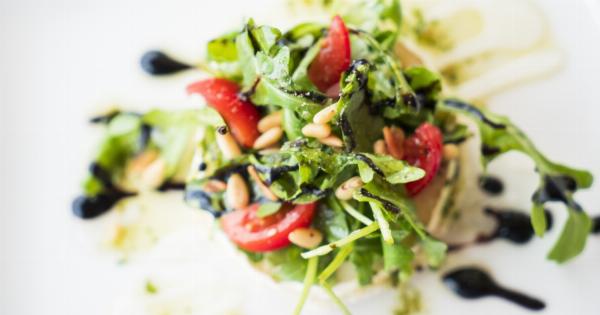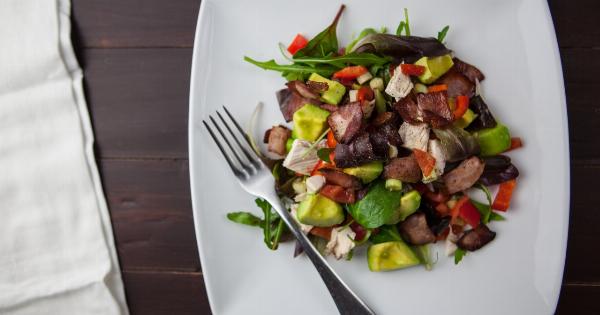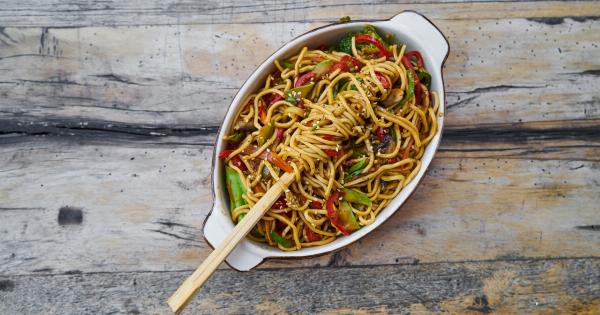Following a vegetarian diet doesn’t mean you have to compromise on protein intake. While most protein-rich foods are derived from animal sources, there are plenty of vegetables that are also packed with this essential nutrient.
Whether you’re a vegetarian looking to increase your protein intake or simply want to incorporate more plant-based options into your meals, these eight vegetables are excellent choices:.
1. Spinach
Popeye’s favorite green, spinach, is not only rich in iron but also a great source of protein. With around 2.9 grams of protein per 100 grams, spinach makes a nutritious addition to salads, smoothies, and even cooked dishes.
Plus, it’s loaded with vitamins A, C, and K, as well as various minerals and antioxidants.
2. Broccoli
Broccoli is a versatile vegetable and a fantastic source of protein, with approximately 2.8 grams of protein per 100 grams. This cruciferous veggie is also rich in fiber, calcium, iron, and vitamins A and C.
Whether you enjoy it steamed, roasted, or added to stir-fries, broccoli is a delicious way to boost your protein intake.
3. Brussels Sprouts
Often overlooked, Brussels sprouts are not only adorable but also incredibly nutritious. They contain approximately 3.4 grams of protein per 100 grams, along with plenty of fiber, vitamins, and minerals.
Roast them in the oven with some olive oil and spices for a crunchy side dish or add them to stir-fries for a protein-packed meal.
4. Lentils
As legumes, lentils are a staple in many vegetarian diets due to their high protein content.
With about 9 grams of protein per cooked 100 grams, lentils are not only a great source of plant-based protein but also provide a substantial amount of fiber and various minerals. From hearty soups and stews to flavorful curries, lentils can be used in a variety of dishes.
5. Quinoa
Though often considered a grain, quinoa is actually a seed. It is a complete protein, meaning it contains all nine essential amino acids that the body needs.
With approximately 4.4 grams of protein per cooked 100 grams, quinoa is an excellent addition to salads, side dishes, and even baked goods. It’s also a great source of fiber, iron, magnesium, and other beneficial nutrients.
6. Chickpeas
Another beloved legume in the vegetarian world, chickpeas are incredibly versatile and a fantastic protein source.
With about 19 grams of protein per cooked cup (240 grams), chickpeas can be used to make hummus, falafel, curries, salads, and so much more. They’re also high in fiber, folate, and other essential minerals.
7. Green Peas
Green peas are not only tasty but also packed with protein. With approximately 5 grams of protein per cooked 100 grams, they are a great addition to pasta dishes, soups, and stir-fries.
Green peas are also an excellent source of fiber, vitamins, and minerals, making them a nutritious choice for any meal.
8. Edamame
Edamame, also known as young soybeans, are not only a popular appetizer at Japanese restaurants but also a protein-rich snack.
With around 11 grams of protein per cooked cup (155 grams), edamame makes an excellent addition to salads, stir-fries, or enjoyed on their own. They’re also a good source of fiber, vitamins, and minerals.
While these eight vegetables are high in protein, it’s important to remember that they don’t provide all essential amino acids in one go.
As a vegetarian, it’s crucial to consume a varied diet with different protein sources to ensure you get all the necessary amino acids your body needs. Nonetheless, incorporating these veggies into your meals will help you meet your protein needs while enjoying delicious and nutritious food.


























